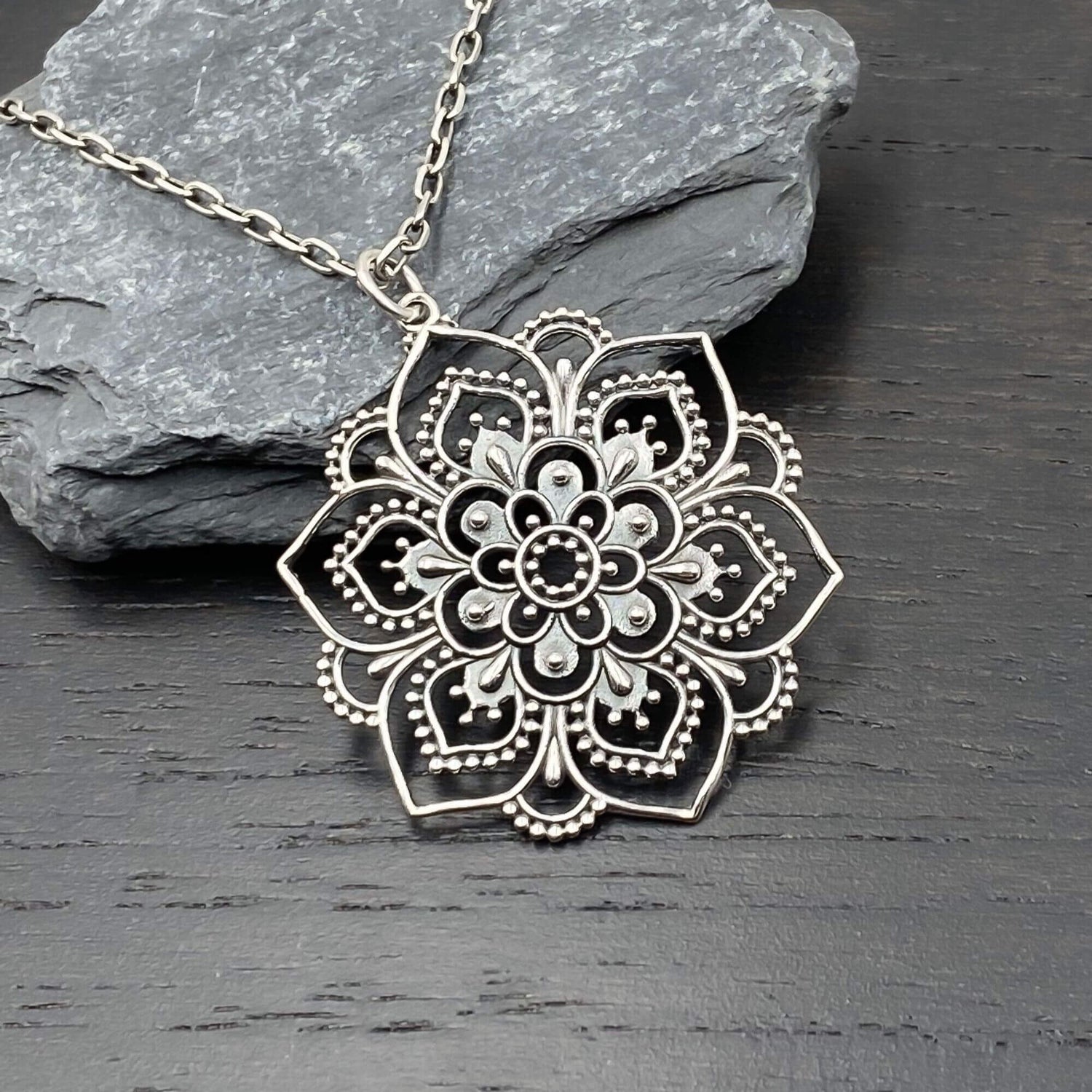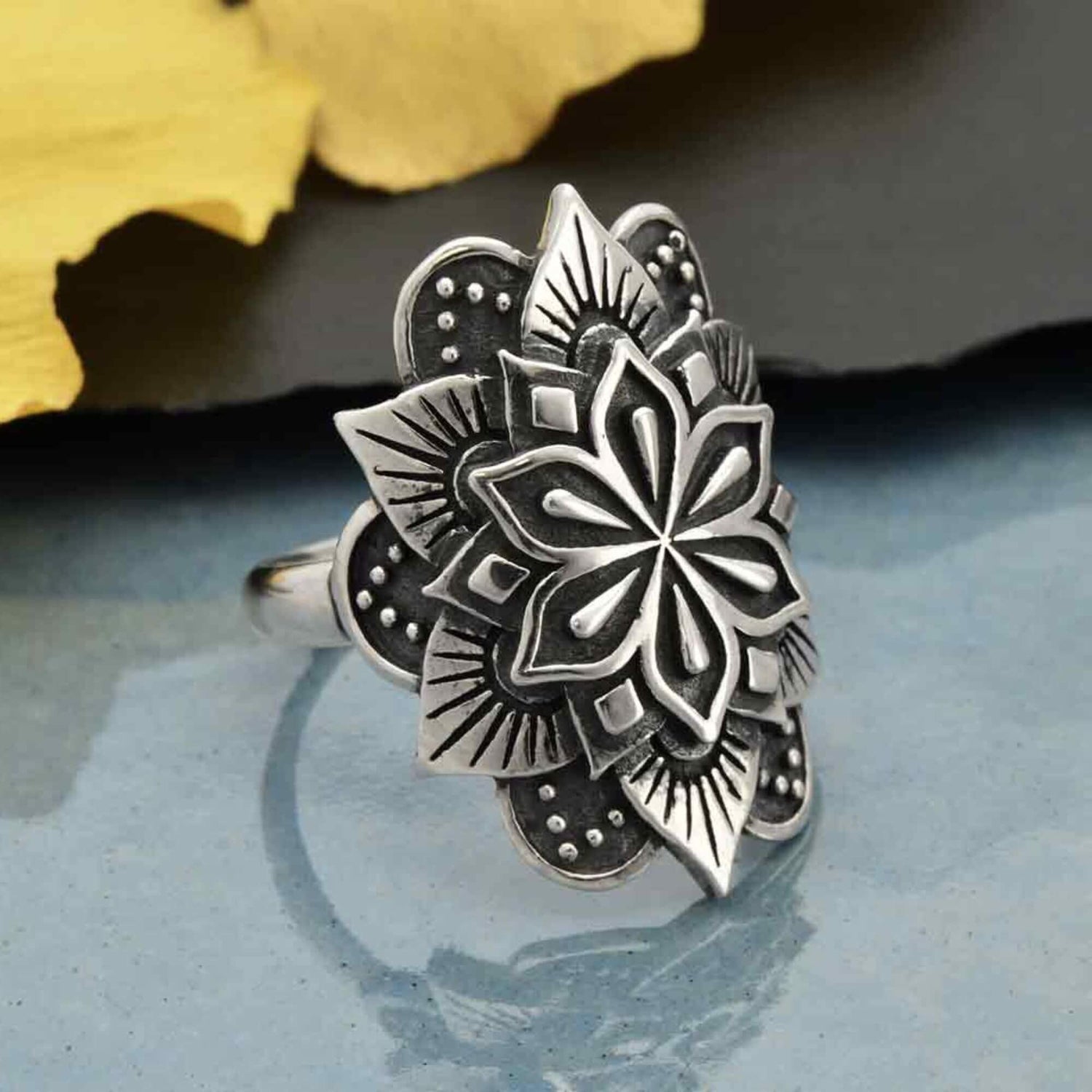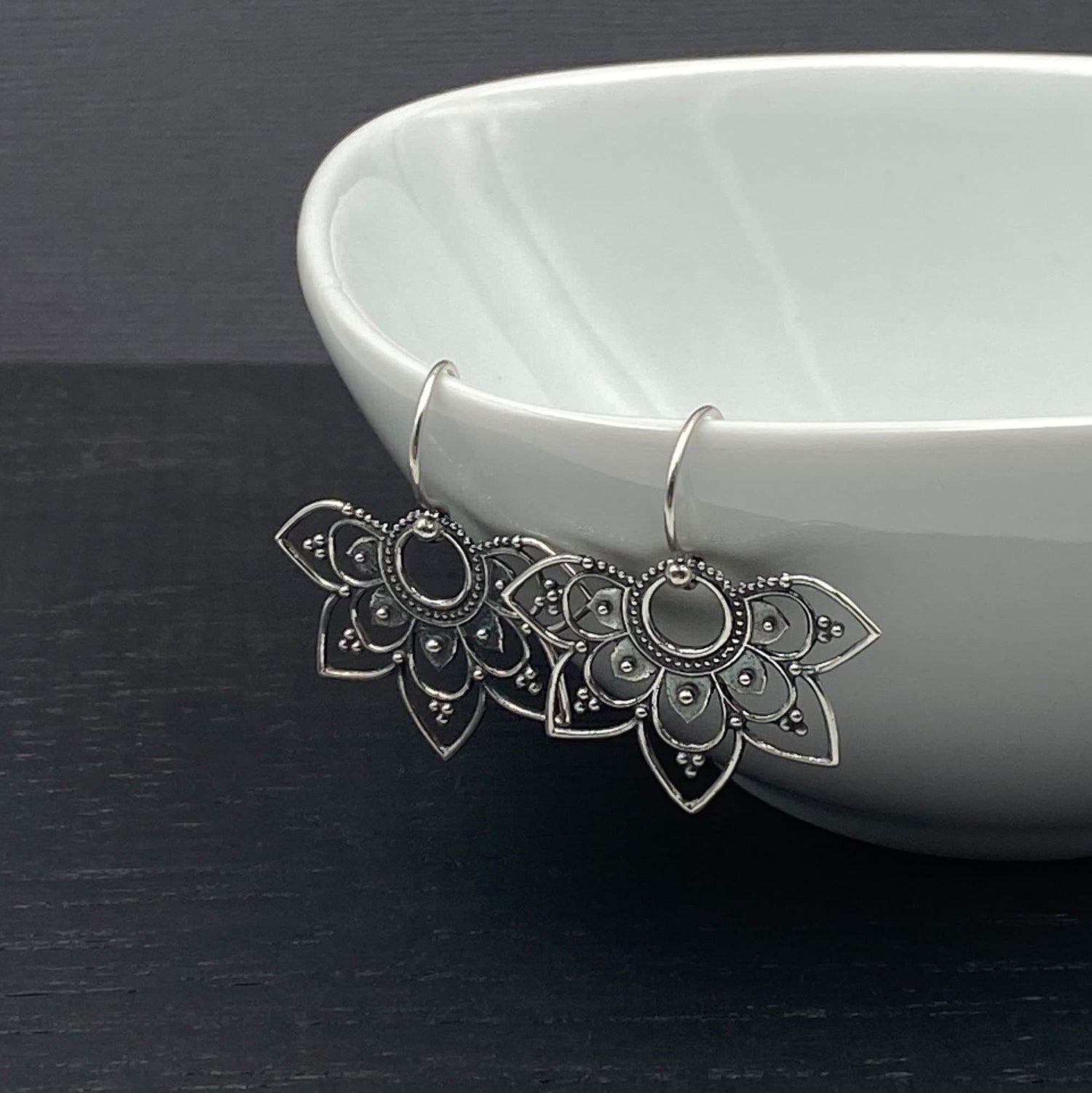Mediterranean Diet for Beginners: A Path to Health Benefits and Longevity
Read Time: 6 min


With Italian roots in my heritage, food has been a way to connect, gather, and celebrate life's everyday moments. Mediterranean dishes hold a special place at the table with their rich flavors and emphasis on fresh, wholesome ingredients. Beyond their cultural significance, these meals are associated with numerous health benefits, making the Mediterranean diet one of the World's most celebrated dietary approaches to healthy eating.
The Mediterranean diet, rooted in the traditions of Greece, Italy, Turkey, Spain, and parts of the Middle East, has stood the test of time. Studies reported by the Mayo Clinic have found that people in regions of Southern Europe live longer, with lower rates of chronic diseases than those in other parts of the World. Let's break down the basics of the diet, its core foods, health benefits, and how you can incorporate it into your everyday life.
What is the Mediterranean Diet?

The Mediterranean diet isn't about strict rules or complicated caloric calculations. It's a simple and balanced approach to eating and living that focuses on enjoying good food and slowing down, making it easy to follow.
At its core, the Mediterranean diet emphasizes the use of fresh, seasonal ingredients. Plant-based foods, including fruits, vegetables, whole grains, beans, and nuts, make up the majority of the plate. To maintain balance, red meat and processed foods are consumed in moderation.
You'll also see a lot of healthy fats, especially olive oil. It's the go-to for cooking, dipping bread, and topping salads or roasted veggies. Fish, chicken, and other lean proteins are also common choices, especially salmon and sardines, which are rich in omega-3 fatty acids. Dairy shows up in smaller portions, such as a scoop of Greek yogurt or a sprinkle of feta on a salad.
Many people enjoy a glass of red wine with their meals, often sharing it with friends or family. That's part of the beauty of the Mediterranean lifestyle: taking time to slow down, be present, and truly savor both the food and the moment.
Essentials of the Mediterranean Diet
One of the best parts of the Mediterranean diet is how many different foods you can enjoy. It includes everything from colorful fruits and vegetables to filling whole grains and tasty legumes. With so many options, it's easy to mix things up and try new recipes. We'll explore the main food groups in the Mediterranean diet and identify the ingredients found in each one.

Fruits & Vegetables
Fruits and vegetables play a key role in the Mediterranean diet. They provide flavor, fiber, and nutrients that help protect your heart and boost your overall health.
- Fruits: such as tomatoes, olives, figs, grapes, oranges, pomegranates, melons, and lemons.
- Vegetables: like tomatoes, cucumbers, eggplant, spinach, kale, carrots, artichokes, zucchini, onions, garlic, and bell peppers.
Whole Grains
Whole grains are healthy and versatile, providing fiber, nutrients, and lasting energy.
- Whole Grains: brown rice, farro, barley, bulgur wheat, whole grain bread, whole wheat pasta
One popular whole-grain dish is tabbouleh, a refreshing salad made with bulgur, parsley, and lemon juice.
Tabbouleh Recipe (download here)
Legumes & Nuts
As nutrient-dense foods, legumes and nuts offer plant-based protein, fiber, and heart-healthy fats. They're flavorful, filling, and used in a wide variety of dishes.
- Legumes: chickpeas, lentils, and beans
- Nuts: almonds, pistachios, pine nuts, hazelnuts, walnuts.
Seafood & Lean Meats
The Mediterranean diet includes seafood and lean meats as sources of protein, providing essential nutrients, vitamins, and healthy fats while keeping saturated fat intake low.
- Fatty fish: such as salmon, sardines, and anchovies, rich in heart-healthy fats
- Lean meats: like chicken, often grilled or baked with olive oil, garlic, and herbs
Dairy & Eggs
Those who live the Mediterranean lifestyle consume dairy and eggs in moderation. Though eaten in small amounts, these foods provide essential protein, calcium, and flavor to meals.
- Yogurt, cheese, eggs
Herbs & Spices
Herbs and spices are essential to the Mediterranean diet, adding rich flavor and aroma to dishes without relying on heavy sauces or extra salt while also offering antioxidants and anti-inflammatory benefits that support overall health.
- Herbs: parsley, oregano, basil, rosemary, mint, and thyme
- Spices: cumin, coriander, paprika, cinnamon, nutmeg, za'atar, and harissa
Healthy Fats
Healthy fats enhance flavor and support heart and overall health by providing essential omega-3 fatty acids, which help reduce inflammation, lower bad cholesterol, and aid in the absorption of fat-soluble vitamins.
- Healthy Fats: olive oils, nuts, seeds, avocados, fatty fish
Discover the Powerful Benefits for Your Health
Doctors and researchers have been studying the Mediterranean diet for years, and the results speak for themselves. A study cited by The Nutrition Source, which followed nearly 26,000 women, found that adhering to a Mediterranean-style diet reduced their risk of heart disease by 25% over a 12-year period. Here's how embracing the Mediterranean lifestyle can benefit your health:
Better Heart Health
This diet is known for its heart-protecting benefits. Thanks to the variety of healthy fats, fiber, and antioxidants, it can help lower blood pressure and improve cholesterol levels.
Stronger Brain Function
Eating a Mediterranean-style diet may help your brain stay sharp as you age. Leafy greens, berries, and fish are full of nutrients that help boost memory and keep your brain healthy.
Healthy Weight Maintenance
The Mediterranean diet doesn't force you to restrict everything. Instead, it helps you feel full and satisfied with nutrient-rich food, making it easier to avoid processed snacks and maintain a healthy weight over time.
Lower Risk of Type 2 Diabetes
Eating a variety of whole grains, legumes, and healthy fats can help keep your blood sugar steady and support insulin function.
Living Longer
People in places like Ikaria, Greece, and Sardinia, Italy, where this diet is the norm, often live well into their 90s. Their eating habits, combined with an active and social lifestyle, are a significant factor.
Better Gut Health
Fiber-rich foods, such as vegetables, fruits, and beans, help your digestive system run smoothly. Fermented foods, such as yogurt, also support a healthy gut, which can boost your immune system and mood.
How to Get Started
You don't have to move to the Mediterranean to embrace this lifestyle. Just start small and make simple swaps in your daily routine:
Use Olive Oil instead of butter when cooking or making salad dressings.
Pile on the Veggies. Don't treat veggies like an afterthought; make them the highlight of your plate.
Snack Smarter with nuts, olives, or a bit of cheese instead of chips or sweets.
Eat Fish More Often. Aim for two servings a week. Grilled salmon or sardines on toast are easy options.
Try Simple Mediterranean Recipes:
- Chickpea Salad: Toss chickpeas, tomatoes, cucumbers, parsley, lemon juice, and olive oil with a small scoop of feta.
- Caprese Toast: Top whole-grain toast with tomato slices, creamy mozzarella, and fresh basil leaves, then lightly drizzle with olive oil.
- One-Pan Chicken: Bake chicken thighs with olives, tomatoes, garlic, and herbs for a quick and easy meal.
- Lentil Soup: Simmer lentils with carrots, celery, and spinach for a cozy, fiber-rich meal that's perfect for a cold day.
Eat With Others. Whether it's a weeknight dinner or a weekend lunch, make meals a time to connect. Slowing down and enjoying food with friends or family is part of what makes this lifestyle so rewarding.
Ready to bring Mediterranean flavors into your kitchen? Try out this roundup from Delish: 31 Easy Mediterranean Diet Recipes That Will Convince You To Join The Club.
Key Takeaways
The Mediterranean diet offers more than a quick fix; it promotes a way of living grounded in balance, flavor, and intention. It's about eating natural foods, moving your body, and enjoying life one meal at a time.

Go at your own pace; you don't need to do it all at once. Start with one or two changes, and build from there. Before you know it, you'll be cooking more, feeling better, and finding joy in the process. Whether you're looking to improve your health, try new recipes, or bring more meaning to your meals, the Mediterranean way is a great place to begin.
If you enjoy the Mediterranean diet's mindful and balanced approach to food, check out our blog on Intuitive Eating and explore how you can deepen your connection with your health and eating habits.









